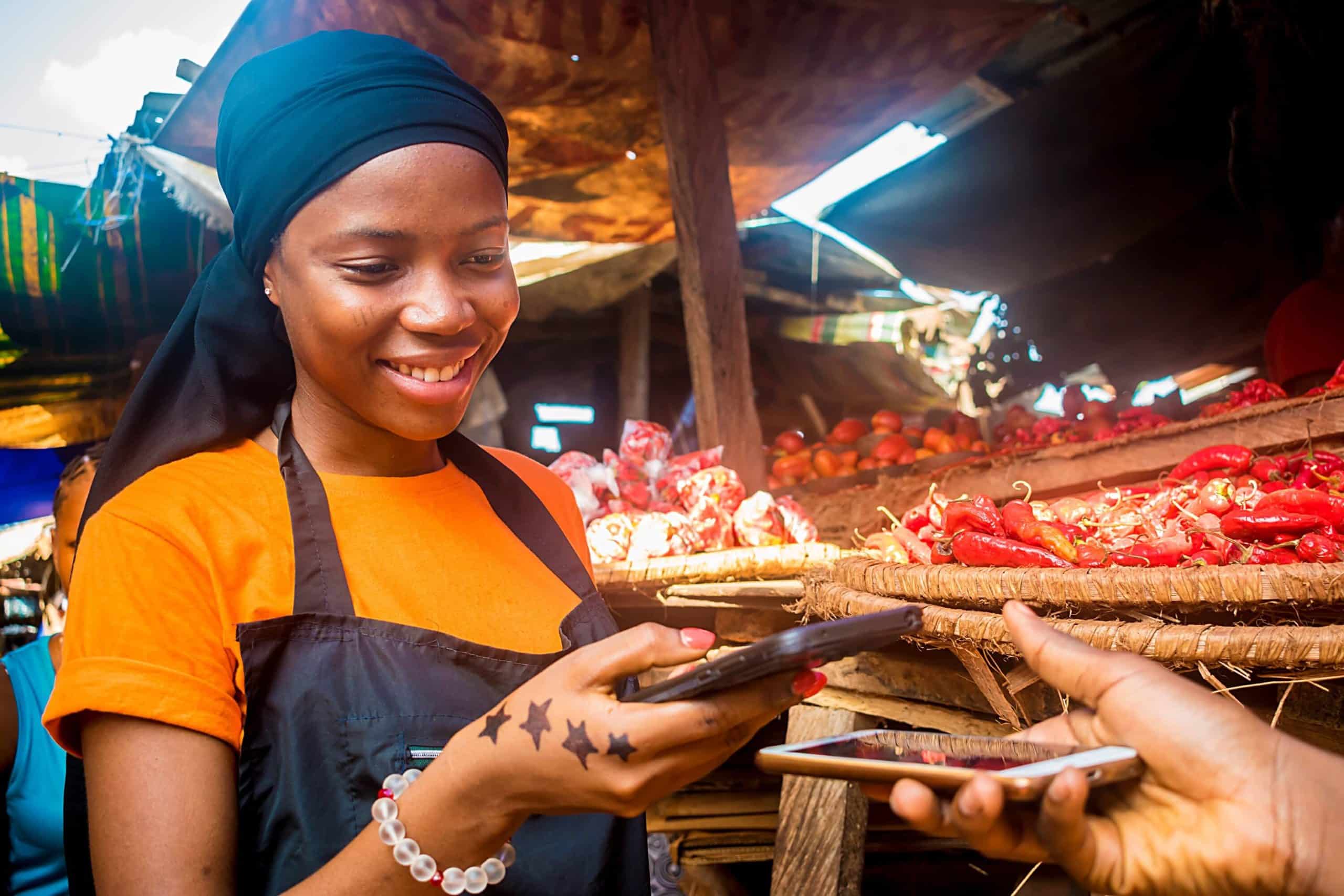How DeFi Can Bridge the Forex Gap in Africa, According to Banking CEO

Neobank Canza Finance‘s decentralized finance (DeFi) tech provides decentralized foreign exchange (FX) for African currencies, its CEO and co-founder Pascal Ntsama IV said.
Canza website stresses that access to financial services and products is “a massive challenge” for many millions of individuals globally.
Therefore, the neobank, which enables decentralized cross-border payments, leverages DeFi and digital assets to bridge the existing financial service gap in emerging markets.
Last year, Canza revealed an addition to its services: Baki. It is a liquidity FX exchange for African currencies, aiming to transform African forex “with transparent currency swaps and zTokens.”
It said at the time that,
“The key benefit Baki provides, and central to its architecture, is the ability to offer infinite liquidity at the official conversion rate. This is a significant pain point for any business trying to operate an intra-African trade network.”
Talking to Cointelegraph, CEO Ntsama explained that many Africans have trouble accessing forex liquidity and currency swaps. This limits the use of US dollar-based services in the countries dependent on imports – creating space for DeFi.
DeFi To The Rescue
DeFi – leveraging cryptocurrencies and blockchain – can relieve many of the continent’s pain points.
In the case of Canza, this is where Baki comes in.
When users exchange local fiat currencies, funds exit Africa, which results in dollar value inflation. Currency slippage leads to increased costs. Baki, the CEO says, allows users to trade at official central bank prices and swap currencies without loss.
Furthermore, while the agent assumes local currency risk in FX swaps, Baki reduces risks by swapping similar currencies at the official central bank rate, Ntsama said.
This then enables the agent to swap again with the least slippage when entering US dollar positions.
Ntsama also commented on Nigeria where the use of blockchain – even though approved – is yet to become widespread. Per the Cointelegraph report, “Ntsama said Baki is built to work with the current regulatory climate as it leverages existing user behaviors to tackle problems with blockchain technology.”
Learn more: Nigerian Blockchain Association Knocks Central Bank Over Failure To Implement A Crypto Strategy
African Hubs
African countries are increasingly moving towards crypto and blockchain.
Canza, for example, aims to create a hub for businesses to participate in FX trades at a reduced cost.
Per a recent CNBC report, bitcoin (BTC) is on its way to becoming the currency of choice for moving money between African countries. The report came three months after the inaugural Africa Bitcoin Conference in Ghana.
Jack Dorsey spoke at the conference about how BTC had made up for money lost during an earlier street protest in Nigeria.
Learn more: Nigeria Tops Global Crypto Data With 99% Awareness: ConsenSys Report
In early February 2023, the Ministry of Technology and Science of Zambia announced that it – through the Security Exchange Commission and Bank of Zambia – was testing technology to regulate crypto as the country embarked on its mission to become a regional hub.
“Cryptocurrency will be a driver for financial inclusion and a change maker for Zambia’s economy,” Minister Felix Mutati said.
In November, crypto payments giant Ripple partnered with fintech Onafriq to facilitate crypto-enabled cross-border payments between 27 African countries and markets around the world.




